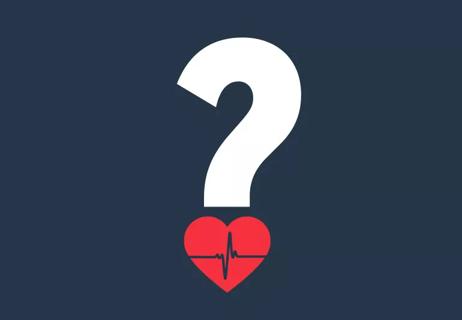The short answer from a cardiovascular researcher

A: It’s not uncommon for atrial fibrillation (AFib) to occur at night. The nerves that control your heart rate typically are in sleep mode, and that’s when your resting heart rate drops. Under these conditions, pacemaker activity from areas other than the normal pacemaker in the heart can trigger the onset of AFib.
Advertisement
Cleveland Clinic is a non-profit academic medical center. Advertising on our site helps support our mission. We do not endorse non-Cleveland Clinic products or services. Policy
In addition, many patients with AFib have an underlying issue of obstructive or central sleep apnea. If you are frequently sleepy during the daytime, that is especially likely to be the case. If you suffer from AFib, sleep apnea can disrupt the heart’s rhythms. This is a dangerous combination.
To help treat sleep apnea, your doctor may recommend continuous positive airway pressure (CPAP) or other devices that may help to reduce the frequency and burden of AFib.
— Researcher David Van Wagoner, PhD
Advertisement
Learn more about our editorial process.
Advertisement

Opt for plant-based foods and consider limiting alcohol and caffeine

Having atrial fibrillation increases your risk of stroke — but blood thinners can help for many people

Making healthy lifestyle changes ahead of surgery can help you avoid AFib after

Knowing the facts can make all the difference

Sleep disorders, mental health conditions and other health concerns can all affect the quality of your sleep

Most people fall asleep within 10 to 20 minutes, but if your experience is different, adjusting your sleep schedule may help

Tart cherry juice contains natural compounds that may support better sleep

If you’re waking up drenched, it could be menopause, stress, medications and other causes

Wearing a scarf, adjusting your outdoor activities and following your asthma treatment plan can help limit breathing problems

Your diet in the weeks, days and hours ahead of your race can power you to the finish line

When someone guilt trips you, they’re using emotionally manipulative behavior to try to get you to act a certain way